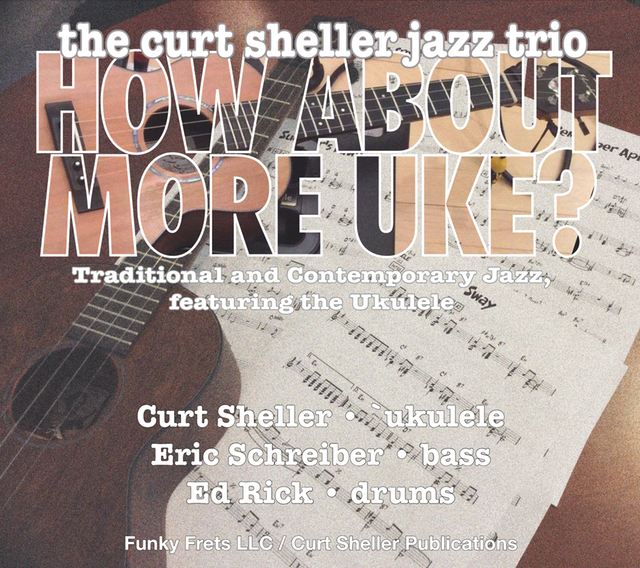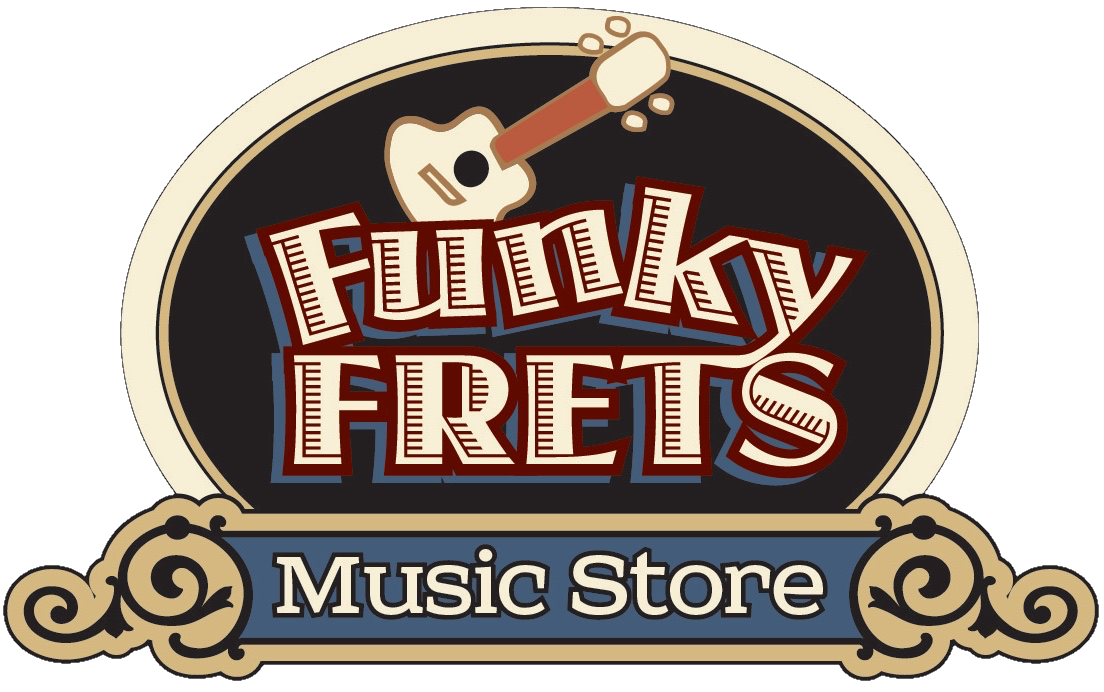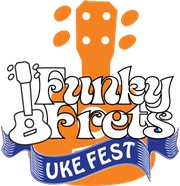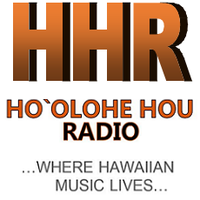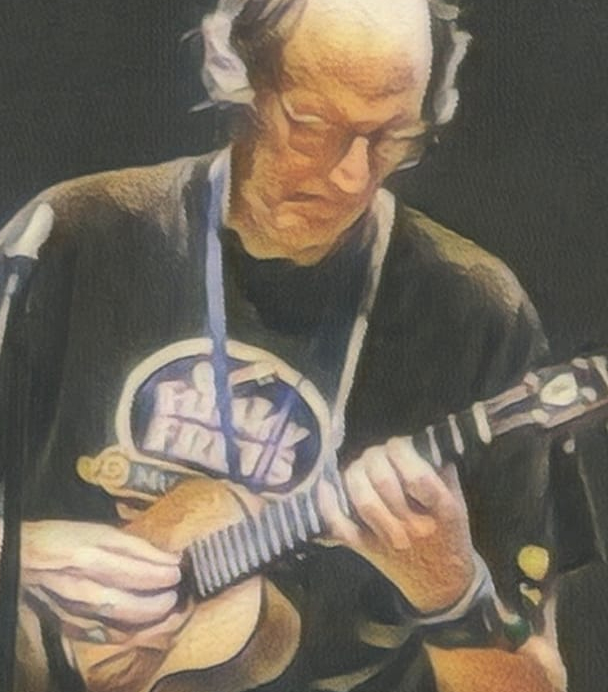
In this section, you can ask as many questions that you would like, and I'll give you an answer, perform research or make something up ( just kidding ).
With over 40 years, (damn, time sure does fly along) of serious studying of jazz and music with one of the best teacher on the planet in Chuck Anderson, I know quite a lot. Pretty much anything musical is OK.
If you're a registered user use this handy dandy contact form!
What Do You Work On When Practicing?
I mainly focus on new material that I'm adding to my repertoire. I also make sure I write out everything. Writing it out reveals new voicings or a different approach to an arrangement. A recording is not enough; with a recording, you'll have to transcribe yourself. A recording and written documentation combined are a better solution.
If I have a performance coming up or a recording, I focus on that material only. I work on individual sections, even smaller phrases, over and over and over. I rarely play through the whole piece until I have all the parts mastered. Then I perfect the overall performance of the arrangement or song. If it's a section in which I have a high level of confidence that I'll never screw up in performance, I'll never practice it. But, never say never!
I do advocate writing out all your arrangements using whatever method you can. Whether it's standard music notation, chord grids, TAB, chicken scratch, or any combination, just get it down somewhere. You have something to check with for reference. Your arrangement might change from the original, which you didn't expect, but it still sounds good. I've even gone back and incorporated changes that I like into the arrangement.
I even write stuff out without the instrument at hand. Then you know it. If you know it intellectually, you own it, and then you can start “playing” around with it, adding variations, phrasing the melody differently, trying different styles, re-harmonizing the chords, etc.
After some downsizing, I went full-time to music, teaching, writing books, the websites, and performing. My playing went up a notch. My income went down several notches. So, the “Quit your day job!” if you can, gives you a lot of time to work on music and probably less money to spend initially.
I kept a guitar under my desk when I was a full-time computer programmer and pulling late hours. I would pull out the guitar and get five or so minutes in when the programs I was working on were compiling. Now, I always have a ukulele with me. You can get in a lot of little practices every day if you have an instrument with you. When you only have a few minutes to “practice,” you sometimes actually practice.
Before you pick up your instrument, have a goal and a plan for what you want to accomplish. Many short-term goals are better than one or two long-term goals. And, short-term goals always add up to completing long-term goals.
Practicing and performing are different. My dad had to hear me play in public before he ever heard me finish a song. If you are an intermediate or advanced player, you're practicing, and to someone listening, it should never actually sound like a full song. If you're practicing, which sounds good, you're probably not practicing.

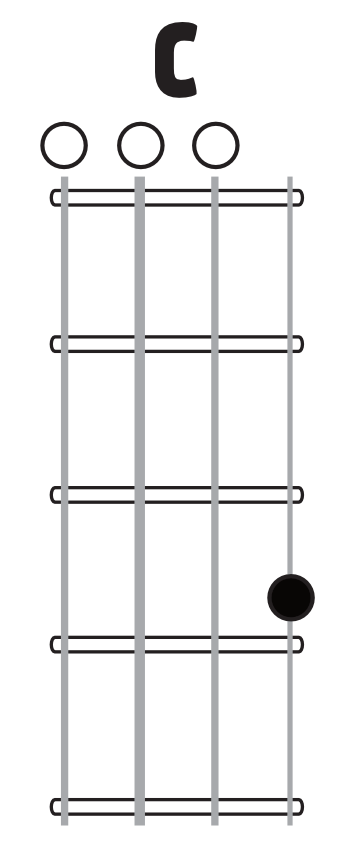
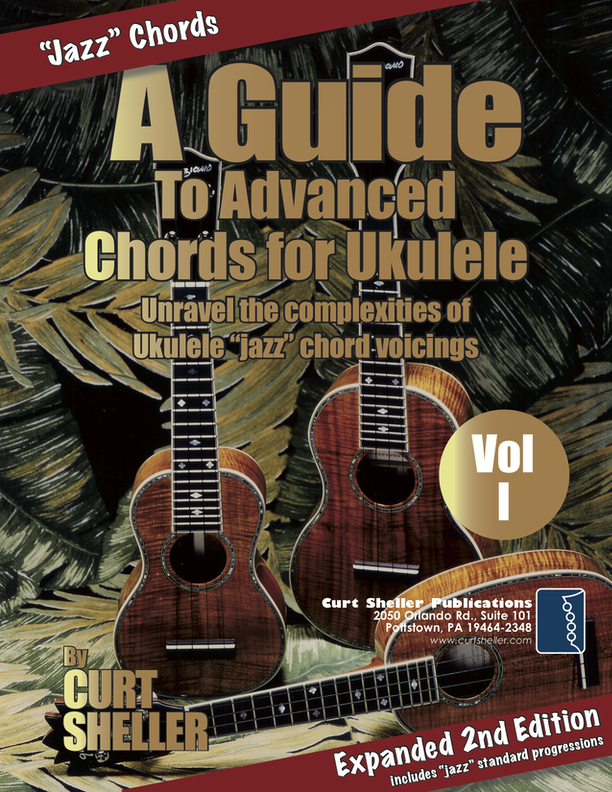
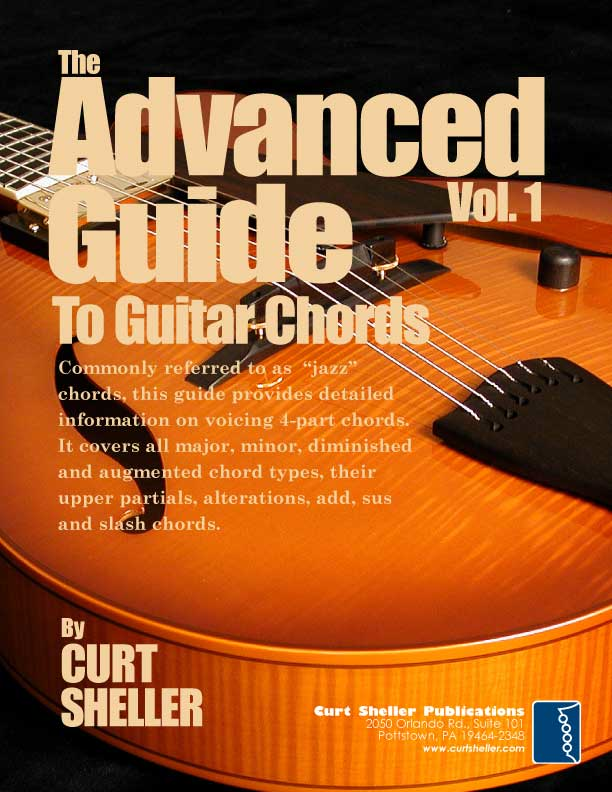
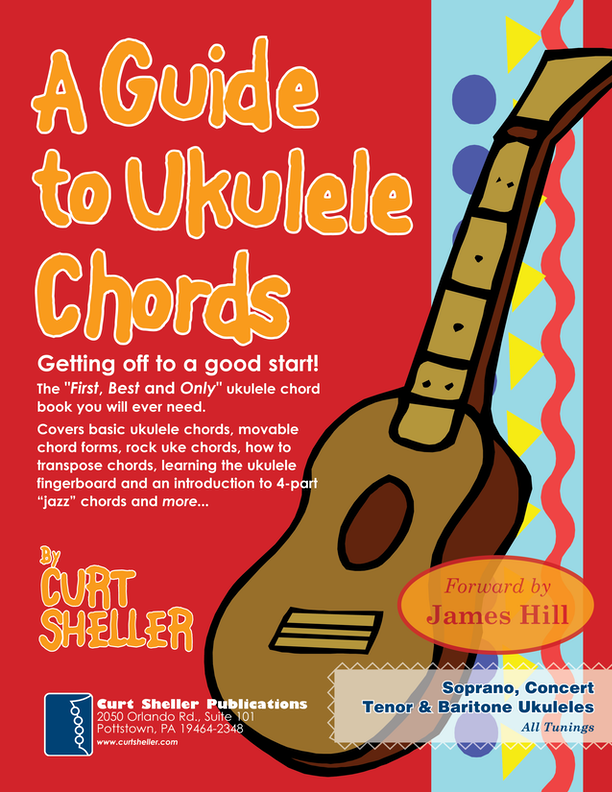
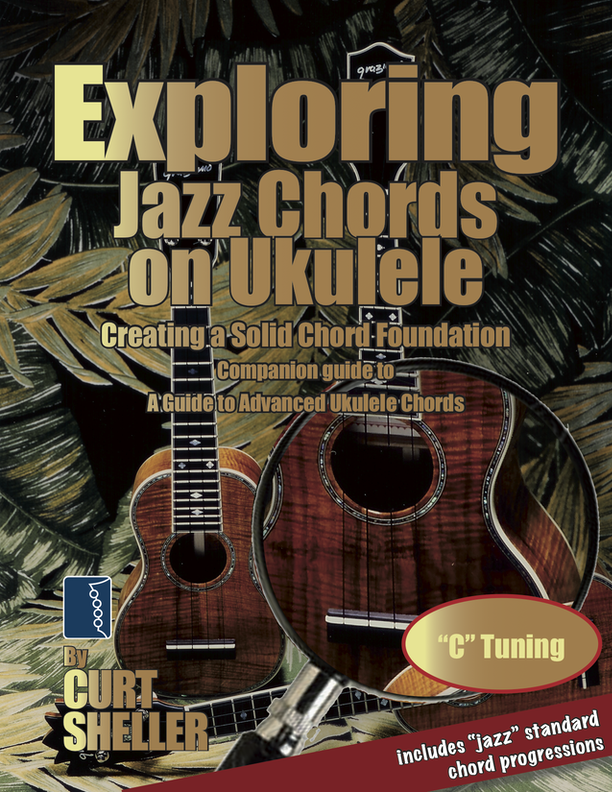
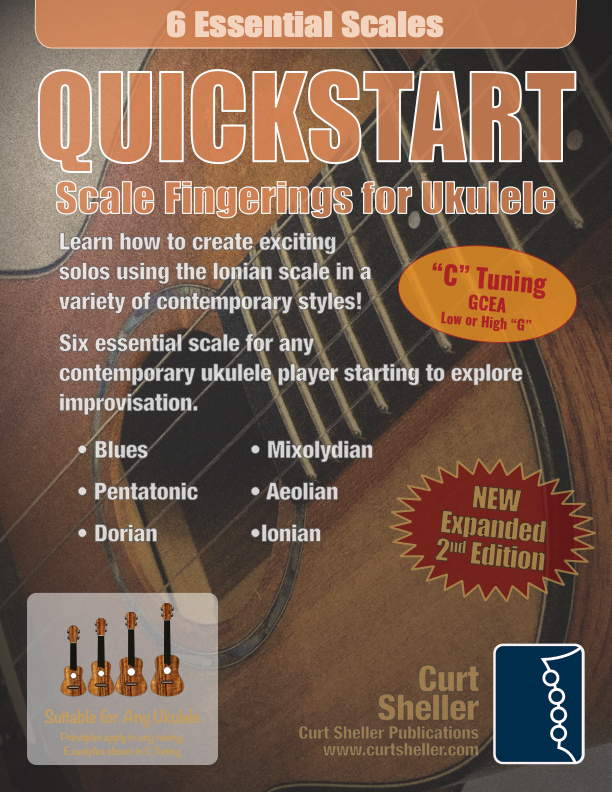
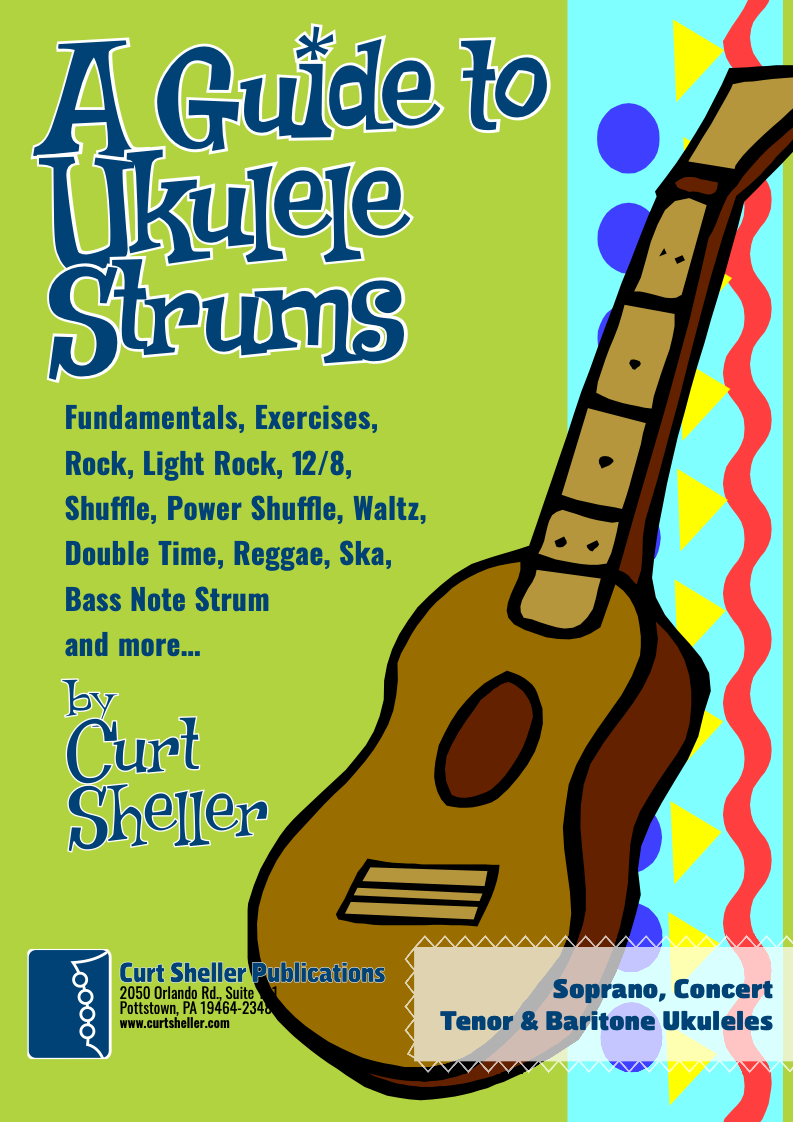
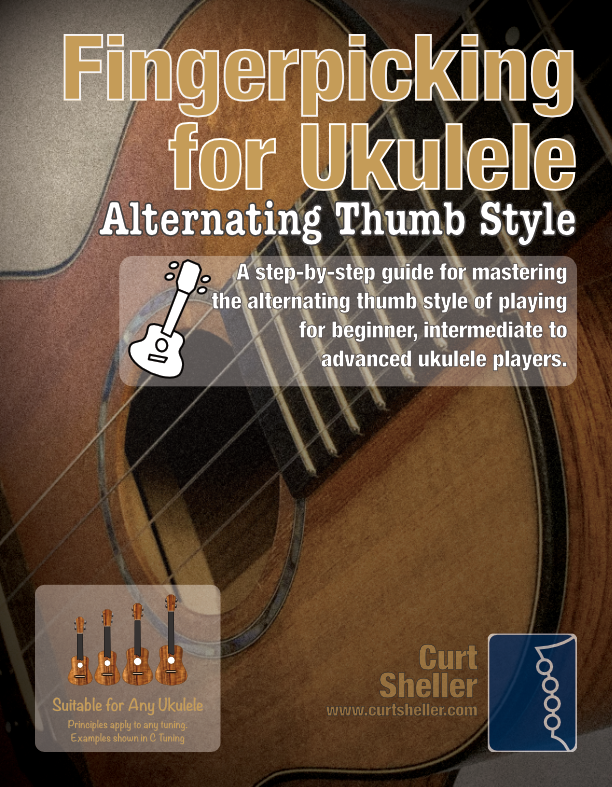
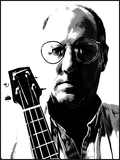
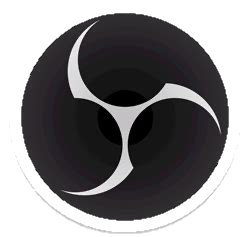



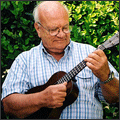


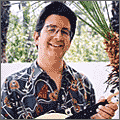






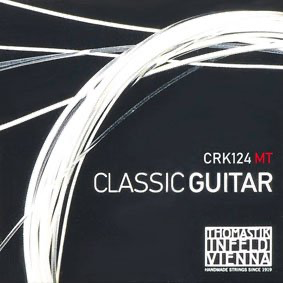

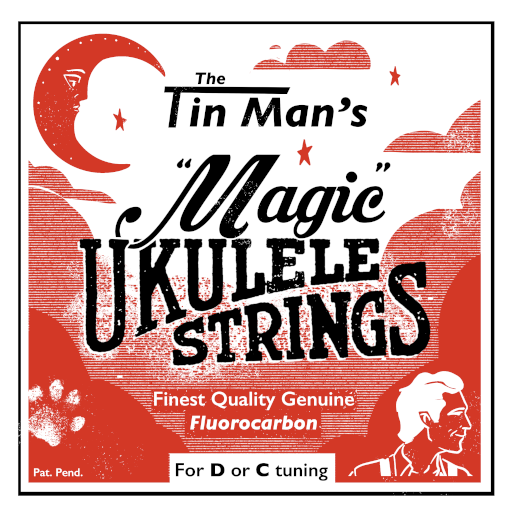
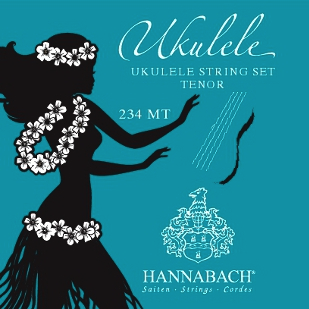
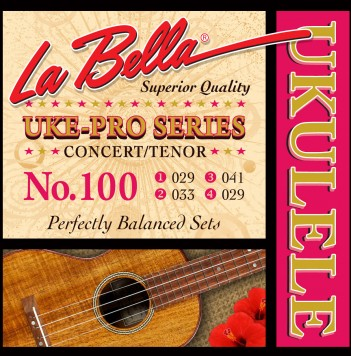
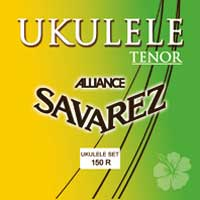









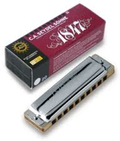
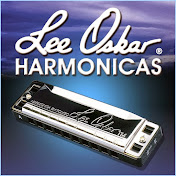





 supportukrainenow.org
supportukrainenow.org
